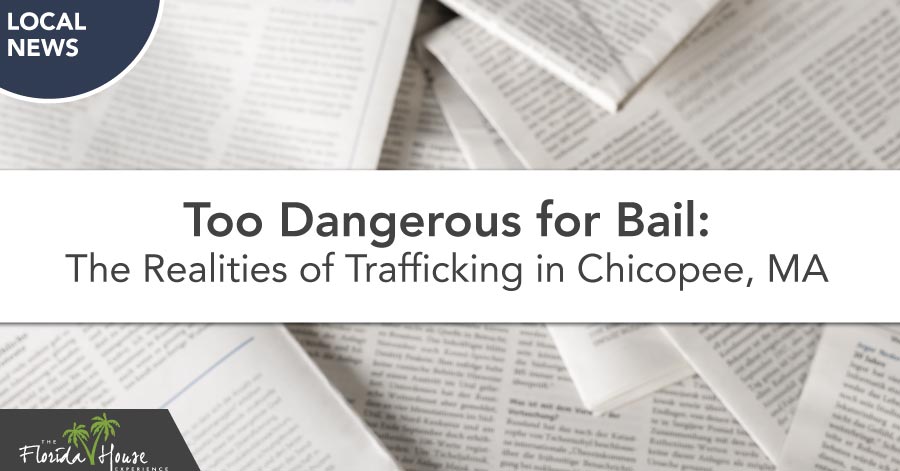
In January of 2019 in Chicopee, MA, a man named David Class was arrested with a stockpile of drugs and weapons. Along with three guns, officers found 83 grams of heroin and 650 grams of cocaine.
Later in the month, he was denied bail, but perhaps not because of his current arrest. As it turns out, Class has priors, notably a handful of violent crimes, highlighting the fact that past run-ins with the legal system have not acted as a deterrent to his continued criminal behavior.
It was a fairly high-profile arrest, but maybe not as uncommon as it should be considering the state where it was made. The arrest occurred in an area known for high-profile drug crimes.
According to a state log of opioid overdose deaths, 136 confirmed deaths in both May and June were the lowest numbers posted in 2018. Basically, Massachusetts has long been known as a hub for heroin and other opiates, and the current opioid crisis has hit the area harder than most.
The Extent of the Crisis in MA
Several key parts of Massachusetts have long been known as hotbeds for drug use: especially heroin and prescription painkillers. Fall River, in the southern part of the state, has had a noted drug problem for years, so much that there’s a documentary about locally famed Chris Herren, a former NBA player whose career went flat due to his struggles with addiction to opiates.
Some suburbs of Boston and Springfield (central Massachusetts, near where this latest arrest happened) are also known for the availability and wide use of narcotics like heroin and prescription opioids.
According to a Boston Indicators report, the state ranks high in nearly all areas of the nationwide drug crisis, including third in total overdose deaths involving fentanyl, and second in New England in deaths from overdoses to all opioids.
Here’s a shocking statistic about the extent to which the opioid crisis has affected Massachusetts more than the country as a whole: According to the National Institute on Drug Abuse (NIDA), Massachusetts was at a rate of five overdose deaths per 100,000 people, less than two higher than the nationwide average in 1999. As of 2016, Massachusetts’ rate had climbed to nearly 30 per 100,000 people, compared to the national average of 13.3.
This is indicative of the scope of the problem in the U.S. (major) but also the degree to which Massachusetts has seen some of the worst of the damage.
The Arrest in Chicopee
With this in mind, the arrest of Class and his two partners, Jonathan Faust, 30, and Karla Santana, 34, may not have been surprising, but any time such a large stockpile of drugs is found, it’s something of a success for law enforcement officers.
Along with the cocaine and heroin, Class was found in possession of $36,000 in cash and several firearms.
Amazingly, when his hearing occurred, the court found out that Class had two other open felony trafficking charges being processed, from 2013 and 2015. In both cases, he had received $100,000 in bail and was released, only to continue his “business” after being freed.
The judge in his latest case was amazed that the offender was able to secure bail in the last two cases and made the quick decision to revoke his opportunity to be freed — at least for now — in this one.
The Takeaways
At FHE Health, we’ve been quick to publicize and support bills signed to treat drug offenders as sick people and not criminals, but drug traffickers are another story. This arrest is a big victory for the law enforcement officials involved, as well the state of Massachusetts itself.
If you or a loved one are struggling in a fight against addiction to drugs or alcohol, help is within reach. Contact FHE Health to learn more about how you can start your road to recovery with us.






